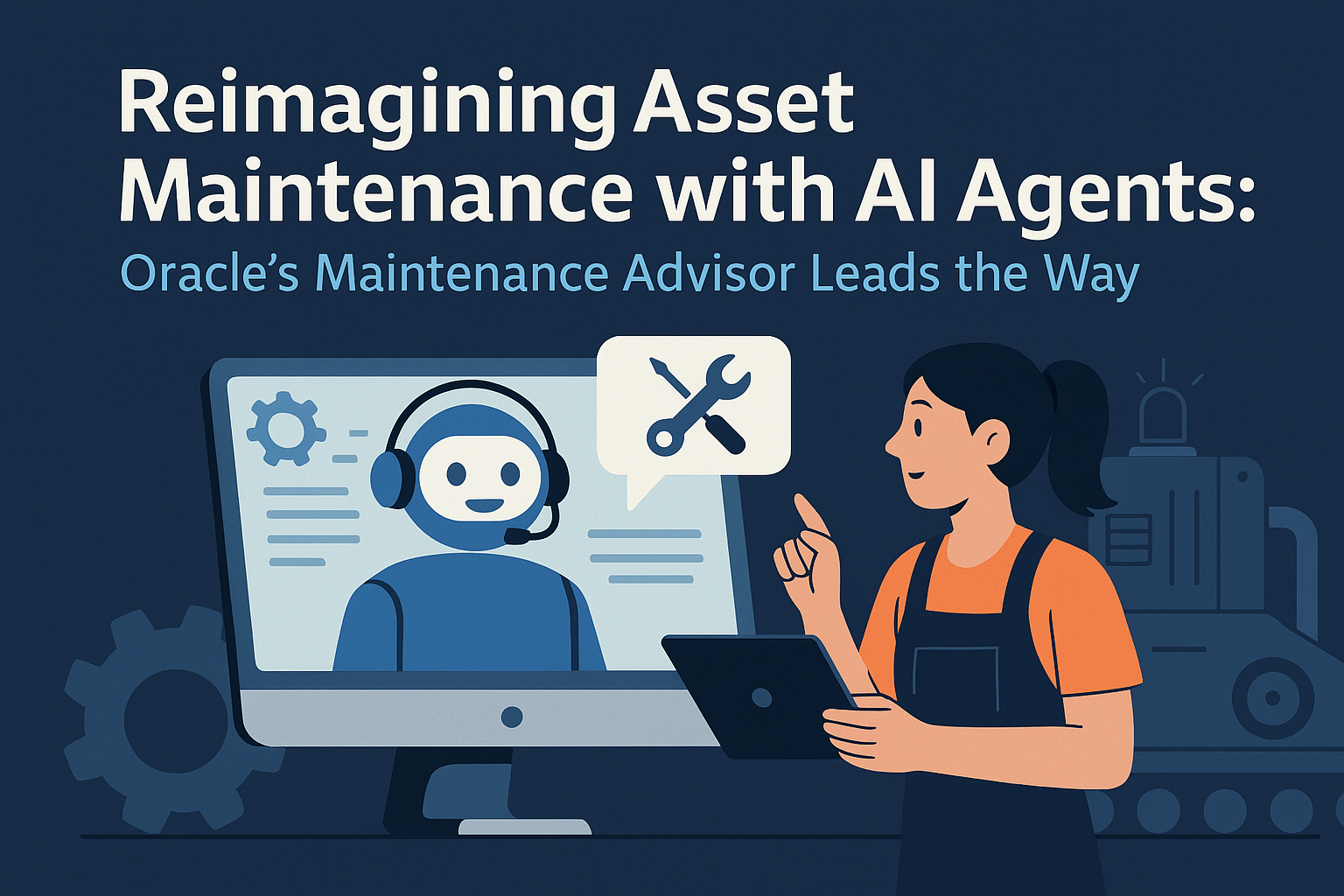Legal Tech Revolution: How Technology is Reshaping the Practice of Law

The legal profession is undergoing a seismic shift, and at the forefront of this transformation is Legal Tech, powered by innovations like Virtual Delivery Centers (VDCs). From enhancing traditional practices like legal research and document management to introducing innovative solutions like e-discovery and online legal services, technology is redefining how law is practiced and accessed. VDCs offer a strategic model to enable law firms to embrace these advancements without overextending resources, creating scalable solutions tailored to their needs.
In this article, we’ll explore how Legal Tech, supported by VDCs, is empowering lawyers, streamlining processes, and democratizing access to justice, with a focus on four key areas: Legal Research, Document Management, E-Discovery, and Online Legal Services.
Gone are the days of spending countless hours poring over law books. Modern legal research tools like Westlaw, LexisNexis, and Casetext are revolutionizing how legal professionals find and analyze information. Powered by AI and natural language processing, these platforms allow lawyers to:
Search for case law and statutes using plain language.
Analyze historical case outcomes with predictive analytics.
Stay updated on legal developments in real time.
By leveraging these tools, lawyers can conduct research more efficiently and with greater precision, freeing up time to focus on strategy and client advocacy.
Legal work generates an overwhelming volume of documents—contracts, pleadings, case files, and more. Traditional methods of managing these documents are not only inefficient but also prone to errors. Enter modern document management systems (DMS) like iManage and NetDocuments, which offer:
Cloud-based storage for secure, anytime access.
AI-driven search capabilities to find specific clauses or keywords in seconds.
Version control to ensure teams work on the most current document.
These systems not only enhance productivity but also improve compliance and data security, which are critical for law firms operating in a regulatory landscape.
In litigation, the discovery process has become increasingly complex with the proliferation of digital data. Emails, chat logs, social media content, and cloud-stored files are just some of the sources lawyers must navigate. Advanced e-discovery platforms like Relativity and Everlaw simplify this process by:
Using AI to review, categorize, and flag relevant documents.
Leveraging predictive coding to identify patterns and prioritize evidence.
Providing a secure, cloud-based environment for collaboration.
These tools have transformed what was once a resource-intensive task into a streamlined, cost-effective process, enabling legal teams to focus on crafting winning arguments.
Online legal services are bridging the gap between traditional legal support and modern consumer expectations. Platforms like Rocket Lawyer and LegalZoom are empowering individuals and businesses to access affordable legal solutions with features such as:
Virtual consultations with attorneys.
Automated document creation for contracts, wills, and more.
Subscription-based legal plans for ongoing support.
By making legal assistance more accessible, these platforms are helping to democratize justice, enabling people from all walks of life to navigate legal challenges with confidence.
Virtual Delivery Centers (VDCs) are revolutionizing how legal firms and professionals implement and scale Legal Tech solutions. They offer the agility, scalability, and cost-effectiveness needed to integrate advanced technologies without overburdening internal resources.
How VDCs Support Legal Tech Implementation:
Specialized Talent on Demand:
Access a global pool of legal tech experts, e-discovery specialists, and document management consultants tailored to your firm’s unique needs.
Scalable Resources:
Scale your technology initiatives seamlessly, whether you're adopting AI-driven research tools or implementing secure document management systems.
Reduced Costs:
Avoid the overhead of hiring full-time IT and legal tech experts while benefiting from high-quality, on-demand expertise.
Faster Deployment:
Implement solutions like e-discovery platforms or online legal services more rapidly with the help of experienced professionals who understand your goals.
End-to-End Management:
VDCs provide end-to-end support, from selecting the right tech stack to managing ongoing operations, freeing legal teams to focus on delivering exceptional client services.
By leveraging VDCs, legal firms can embrace the future of Legal Tech with confidence, ensuring smooth transitions and optimized operations without compromising quality or security.
Across these areas, the transformative power of technology, supported by VDCs, is evident. Legal Tech solutions are not just improving efficiency; they are fundamentally changing how law is practiced and delivered. Key benefits include:
Enhanced Accessibility: Online platforms eliminate geographical barriers, ensuring anyone with an internet connection can access legal services.
Improved Accuracy: AI reduces human error, offering more reliable outcomes.
Cost Savings: Automation and digital tools lower operational costs for both law firms and clients.
Scalability: Cloud-based systems adapt to the needs of firms and businesses of all sizes.
As Legal Tech continues to evolve, emerging trends promise to further reshape the industry:
AI-Powered Virtual Assistants: These tools will provide real-time guidance, answering complex legal queries with precision.
Blockchain for Contracts and Evidence: Immutable records will enhance trust and transparency in legal transactions.
Mobile-First Solutions: With smartphones becoming ubiquitous, legal services will increasingly cater to mobile users.
Customizable Tech Ecosystems: Fully integrated platforms will allow firms to manage research, e-discovery, document management, and client interaction in one place.
Legal Tech, enhanced by Virtual Delivery Centers, is not just a trend—it’s the future of the profession. Law firms and legal professionals that embrace these tools will be better positioned to deliver exceptional service, adapt to client expectations, and remain competitive in an increasingly digital world.
For clients, the rise of Legal Tech means faster, more affordable, and more accessible legal solutions. And for society as a whole, it represents a step closer to achieving the ideal of universal access to justice.
Let’s connect: How is your organization leveraging Legal Tech and VDCs? Share your experiences and insights in the comments below!

Discover how Oracle’s Maintenance Advisor AI agent is transforming equipment maintenance and repair workflows. Learn its enterprise impact, real-world applications, and the future of AI in industrial operations.